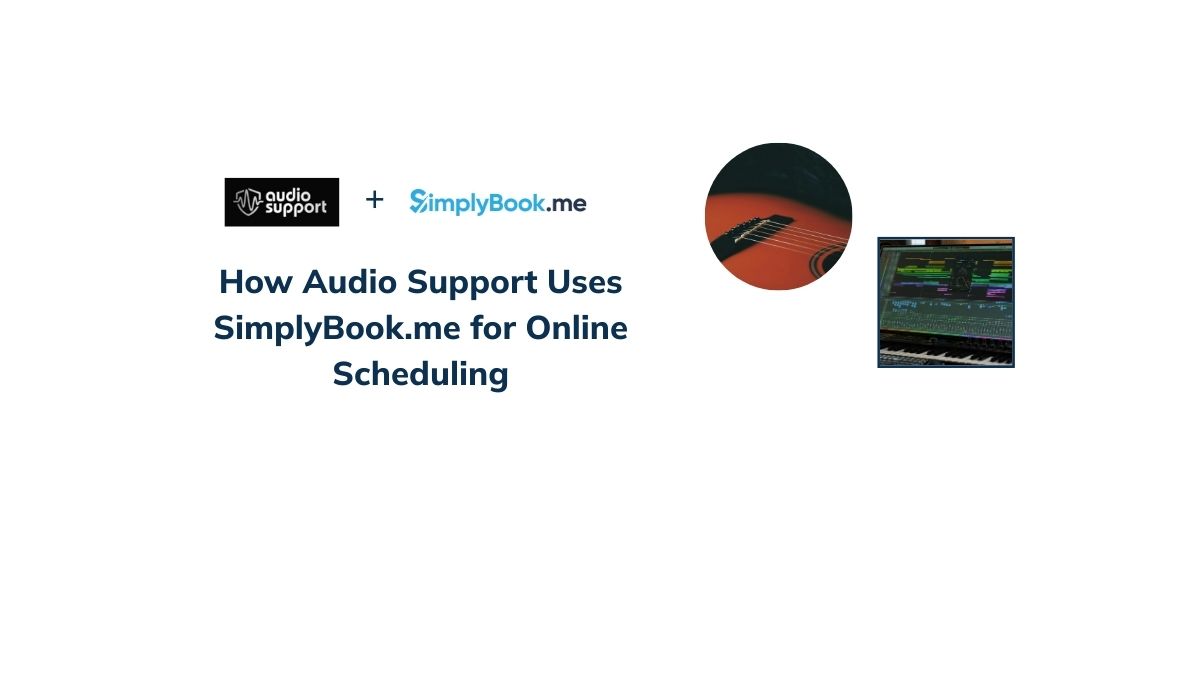Vaccination Scheduling with SimplyBook.me

Everyone is exhausted by news of COVID-19, and the pandemic that is still causing significant problems all over the world. The next thing everybody wants to know is when there will be a vaccine. The consensus is that a safe and effective vaccination is the only way that any form of “normal” will return to the world. Recent indications show that immunity to COVID-19 is not persistent, and the first vaccination rounds would perhaps only be as effective as a flu jab, i.e. lasting about a year or significantly reducing symptoms. But isn’t that better than nothing? It’s likely you’ll have a vast number of vulnerable people needing the vaccination as soon as it’s available. You might want to consider vaccination scheduling, to keep things organised.
Not Here Yet, But It’s Coming…Soon?
At the time of writing this, 11 vaccines have entered phase 3 of clinical trials, involving 1000s of data subjects. Several of the companies involved in developing these vaccines, expect to publish their phase 3 studies by the end of 2020. Hopefully, with some positive results, before entering the regulatory review and approval stages. The WHO has some information on specific vaccines, and the methodology used for their creation. It’s the sincere hope that a vaccine will be available in early to mid-2021, and that’s a conservative guess. Optimistically speaking, some expect it even earlier.
Vaccination Scheduling from Birth Onward
Besides a small minority of people, most of us get our vaccinations at regular intervals throughout our childhood, starting from a few weeks old and into school years. For so many parents, it’s easy to lose track of time and when it’s time for the next shots. Why wouldn’t they want the ability to schedule all their child’s vaccinations all at once?
Let’s not even talk about forward-planning all the infanthood shots, maybe just scheduling in the first six months, and then the next; or perhaps getting a reminder to book the next one. Any help is welcome when dealing with a small child. Everything is scheduled, saved to a calendar, and with a handy reminder, so they don’t forget.
At the other end of the spectrum, you have the annual flu vaccinations. Those of more advanced years and with underlying health issues are more prone to complications from viral infections.
Both groups of people are more vulnerable to contagious diseases and infections. Vaccination scheduling for these two groups is a step to providing safer interactions between you and your patients. It takes a while for the vaccines to promote an immune response – how awful would it be if your patients caught the virus they came to get vaccinated against?
Preparing for The Influx
It’s no good only implementing a scheduling system when a vaccine comes out. At that point, you have a large number of people all trying to book at once, and getting annoyed that they can’t get in at a preferred time.
You already have a list of patients who’ve had the flu vaccination or those who fit the vulnerable criteria. Why not send a reminder for those patients and send a link to a booking page? They can all book their appointments, at a time that suits them, and when you have arranged for people vulnerable to viral infections to come to your offices—preferably first thing in the morning when you have had a chance to have your work area sanitised.
When we finally get a COVID-19 vaccination, those same flu patients will need it, because the same vulnerability criteria apply.
Scheduling Vaccinations in a Clinic
Not everyone has a family doctor they visit for every medical issue in their lives. Some people are nomadic and move around a lot, others are naturally healthy and barely ever visit a doctor. Whatever the reason for not having a primary care doctor, that is where drop-in clinics and healthcare centres come in. Unlike a local family practice, clinics and healthcare centres tend to have a higher patients flow, which means a lot of high touch surfaces and contact between patients.
Unlike medical issues like diagnosing illness and prescribing medication, vaccination doesn’t need to be done by a doctor. A nurse is perfectly qualified to administer it.
Don’t get caught up in the possibilities
Even if your practice or clinic doesn’t want to implement a scheduling system for doctors consultations, vaccination scheduling makes much more sense. Whereas a physician needs to make time to listen to symptoms and diagnose accordingly, a vaccine shot takes a few minutes. It would take seconds, but you need to know if the patient has experienced any symptoms recently, whether they have prohibitive health conditions. And they need to be aware of any side effects.
As a doctor, you need to make decisions about how you treat patients. Sometimes, that means streamlining a perfectly straightforward procedure, like a vaccination, so that you have more quality time with the patients who need it.
Alternatively, you might decide that automating an online scheduling system would work best for your practice or clinic. With more doctors, nurses, and other healthcare professionals, comes more administration. Perhaps it’s time to start letting your patients book their own appointments. All you have to do is define when they can book which appointments, and where they need to go. You could even try video consultations to further reduce the spread of infectious disease in your medical practice, but that’s another article.



Comments
2 comments